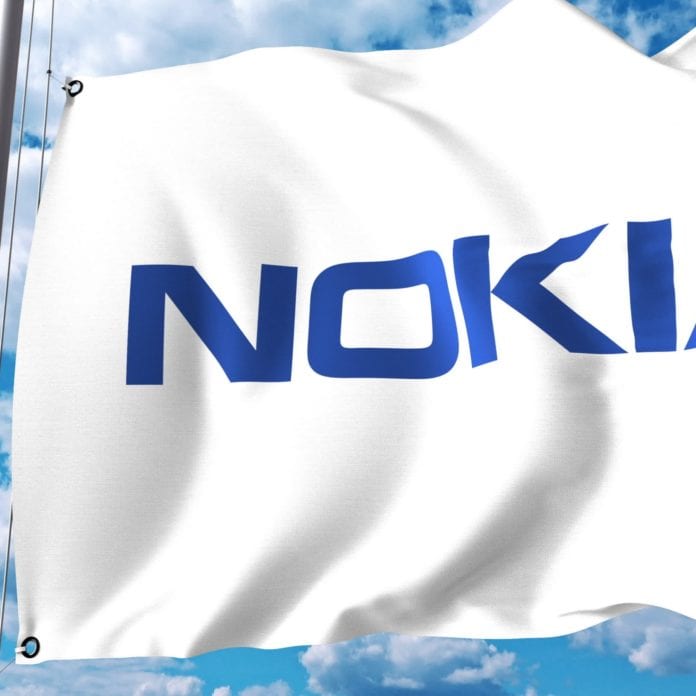Nokia said that the recent levies imposed on Chinese components will have a negative impact in 5G deployments in the U.S. market
Nokia warned the U.S. Federal Communications Commission that the ongoing trade war between President Trump’s administration and the Chinese government will negatively impact the rollout of 5G networks in the US.
In a recent filing to the FCC, the European vendor said the levies recently imposed by the US government on a wide variety of components from China could put obstacles to local operators’ future rollouts of this technology.
“Of particular concern to Nokia are the recent tariffs imposed on trade with China, which specifically target a wide range of components that are critical to 5G,” Nokia wrote in the filing. “Unless exemptions are provided for these products, these latest duties threaten to raise the cost of 5G infrastructure in the US by hundreds of millions of dollars. This is an important context that further emphasizes the need for the commission to lower barriers to deployment where it can.”
In the U.S., AT&T and Verizon have plans to launch 5G this year. Verizon is planning to deploy 5G fixed wireless service in Sacramento, Los Angeles, Houston and Indianapolis by the end of this year. The carrier said it will use its pre-standard 5G technology. Verizon also announced plans to launch mobile 5G technology next year. AT&T is planning to deploy a mobile 5G offering in a dozen markets this year using gear based on the 3GPP 5G standard. Some of the targeted cities include Oklahoma City, Dallas and Waco, Texas; Atlanta, Georgia; and Indianapolis, Indiana.
T-Mobile has announced plans to build 5G in 30 cities this year, including New York City, Los Angeles, Dallas and Las Vegas, followed by a commercial launch in 2019. Sprint also aims to launch commercial 5G services next year.
Elsewhere in its filling, Nokia addressed 5G spectrum allocation. It opposed the proposal made by incumbent Fixed Satellite Service (FSS) providers (Intelsat, SES and Eutelsat) to free 100 megahertz for 5G services. In its filing to the FCC, the company urged FSS providers to clear a more substantial portion of the band.
“It would be highly beneficial for these FSS providers to augment the record as early as possible with an updated proposal laying out the parameters of how much spectrum they plan to make available, and when,” Nokia said in the filing to the FCC.
Nokia also said that it has consistently advocated that the FCC authorize a private sale of the 3.7 GHz band, rather than a public auction process, due to the critical need to convert this spectrum to 5G use as soon as possible.
“China, Japan, and South Korea have advanced plans currently being executed to place substantial amounts of mid-band spectrum into the hands of operators for 5G deployments this year and early next year. In contrast, in the U.S., the current list of public auctions already in the Commission’s queue would mean that a public auction for the 3.7 GHz band would likely not occur until 2020 and possibly later as the rest of the world moves forward at a much faster pace,” Nokia said.

